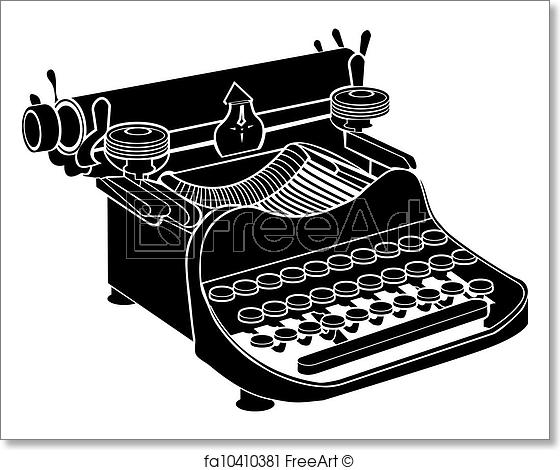The Master Gardener’s Journal

If you keep a journal, you probably have your reasons, whether you consider yourself a writer or not. It is often said that such writing can be therapeutic, even transformational. The recent film Master Gardener provides a memorable example.
The film hasn’t had overwhelmingly wonderful reviews, despite featuring Sigourney Weaver (admittedly not in a lead role). I admired it for a few reasons, but will probably remember it best for giving a journal credit for one man’s dramatic transformation — from a life of hate, violence, and self-deception to one of principled commitment to values he has made his own.
In the story, the journal is not prominent. Mr. Roth — the gardener with the mysterious past — just writes regularly, by hand, in a notebook. It seems to be no more or less than an account of his thoughts, conflicts, hopes and regrets, etc., a ritual observed with close attention and in good faith. The transformation is, however, dramatic — and, in the end, profound: fully achieved, integrated and solid. It doesn’t take years of expensive therapy or a visitation from other worlds. There’s no mention of writing therapy (as distinguished from music or art therapy) although there is an official one, developed by Ira Progoff (1921-1998). And although there’s no specific reference in the film, you get the feeling Mr. Roth would not have needed supervision, i.e., help sticking to his program (something of a contradiction in terms, in fact.)
It made me think, though, that writing would be more direct, more focussed, and probably more effective than any other kind of communication, that “therapy” as ordinarily understood is conducted in language, usually spoken. Drawing on the historical framework Vilem Flusser outlined in various books (particularly Into the Universe of Technical Images), writing was, from it’s beginnings in the third millennium b.c. until the introduction of photography in the 19th century, the way human beings developed “selves” in the first place (Judaism, Christianity, Islam — all religions of the book — address selves, cultivate consciences, personal responsibility). Writing a journal, in the present, is a matter of regularly, honestly, asking oneself hard questions and expecting answers, trying to integrate immediate events with memories of the past — long, slow practice in listening to one’s own voice. It taps the accumulated wisdom of millions of speakers and writers over many centuries who made the language(s) we share.


